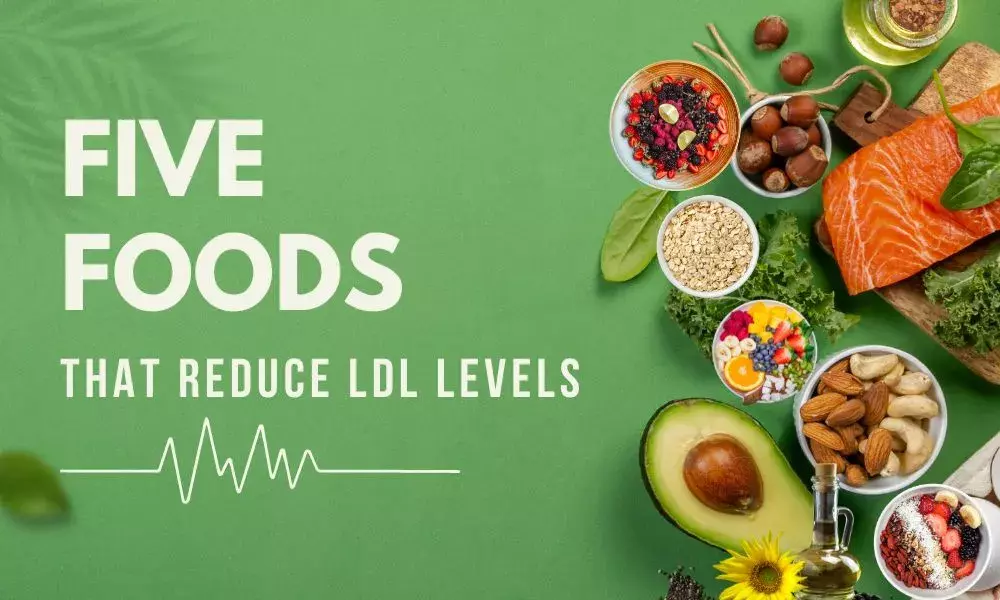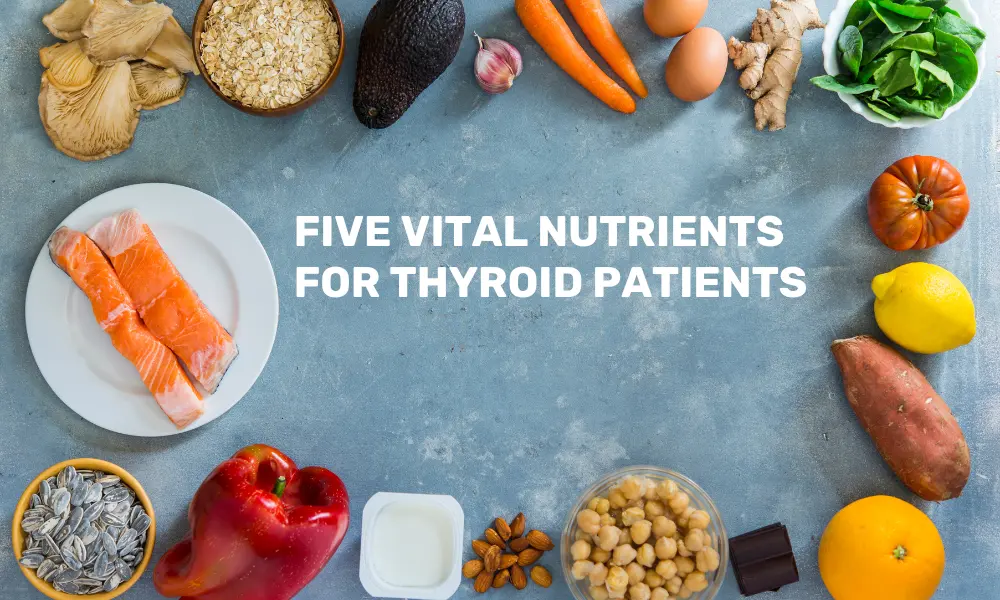Cholesterol is a fatty substance found in the various cells in our body. Our body requires some amount of cholesterol for smooth functioning. However, excess cholesterol harms our health and leads to cardiovascular diseases.
Dr. Sonal Mhatre, BHMS with 17 years of Clinical experience, explains the risk associated with increased levels of LDL and suggests five foods that can help you control LDL levels.
Table of Content
-
What is LDL cholesterol?
-
Risks of a higher LDL
-
Foods that raise LDL levels
-
5 Foods that reduce LDL cholesterol
What is LDL cholesterol?
Cholesterol is of two types, HDL, the good cholesterol, and LDL, the bad cholesterol.
HDL cholesterol refers to high-density lipoproteins; it carries cholesterol from parts of the body to the liver and hence aids in removing cholesterol from the body.
LDL refers to low-density lipoprotein; it is known to aid plaque formation in your arteries, which is why it is termed as bad cholesterol.
Risks of a higher LDL
When the level of LDL increases in our blood, it forms plaque in our arteries.
This leads to hardening and narrowing of arteries and affects the blood circulation in the heart. Our blood carries oxygen to the heart. Due to hardening of the arteries, the oxygen supply in our blood slows down.
Our heart does not receive sufficient oxygen to function normally when the blood supply is slowed down. This condition makes it difficult for our heart to pump blood with ease.
Higher LDL cholesterol levels increase your risk of developing cardiovascular disease and may even lead to a heart attack.
A heart-healthy diet, exercise, and quitting tobacco and smoking can help reduce LDL levels. Generally, a normal LDL level is below 100 mg/dL. However, an LDL level above 100 mg/dL raises your risk of heart disease.
Foods that raise LDL levels
Since higher LDL levels are directly proportional to increasing the risk of cardiac-related diseases, you must know what food types can lead to higher LDL levels.
Foods like full-fat dairy products, fatty meats, bakery, and fast foods harm your cholesterol levels. This is because they have trans-fat and saturated fat in huge amounts. Both these variants of fat are known to increase the LDL cholesterol.
You should avoid the foods below as they can raise your LDL cholesterol.
-
Bakery items, like doughnuts, cookies, and cake.
-
Red meats, like beef steak, ribs, pork chops, and ground beef.
-
Processed food, especially meats like hot dogs.
-
Deeply Fried foods like fried chicken and French fries.
-
Full-fat dairy products like cheese and butter.
5 Foods that reduce LDL cholesterol
While you decide to avoid food that raises LDL, you should ensure that your diet includes these 5-food types, as these foods can reduce the LDL cholesterol in your blood.
-
Foods with soluble fiber: Oatmeal contains soluble fiber, which reduces your LDL cholesterol. Kidney beans, Brussels sprouts, apples, and pears are also a source of soluble fiber. Beans are rich in soluble fiber. It takes a little longer for our body to digest these types of food, and you feel full after a meal. Sweet potatoes are loaded with soluble fiber, especially the peel, so if you want to maximize its benefit, go ahead and eat the skin, too! Eggplant is also a good source of soluble fiber and is crucial in reducing LDL levels.
-
Fruits: Apples, grapes, strawberries, and citrus fruits are rich in pectin. This is known to have properties similar to soluble fiber and is good for lowering LDL. Avocados are also a great source of nutrients and fatty acids. Research suggests that adding an avocado to your diet daily can help control LDL cholesterol, especially in people who are overweight.
-
Nuts: Recent studies have suggested that eating almonds, peanuts, and walnuts can lower LDL levels. These nuts also have nutritional value that keeps us healthy. You must consider having soaked nuts daily.
-
Soy food: Including soya beans or food made from them, like soy milk or tofu, can help reduce bad cholesterol.
-
Vegetable oils: You must use vegetable oils like sunflower or canola for cooking your meal instead of butter. This helps in lowering the LDL.
Maintaining lower LDL levels is crucial as it prevents you from developing any heart-related disease. Instead of concentrating on one or two types of food, you must include all kinds of food in your diet that are known to lower LDL levels and reduce high fat foods.
A healthy lifestyle and a good diet can help you avoid many health issues. However, you should monitor your cholesterol levels on regular basis.




